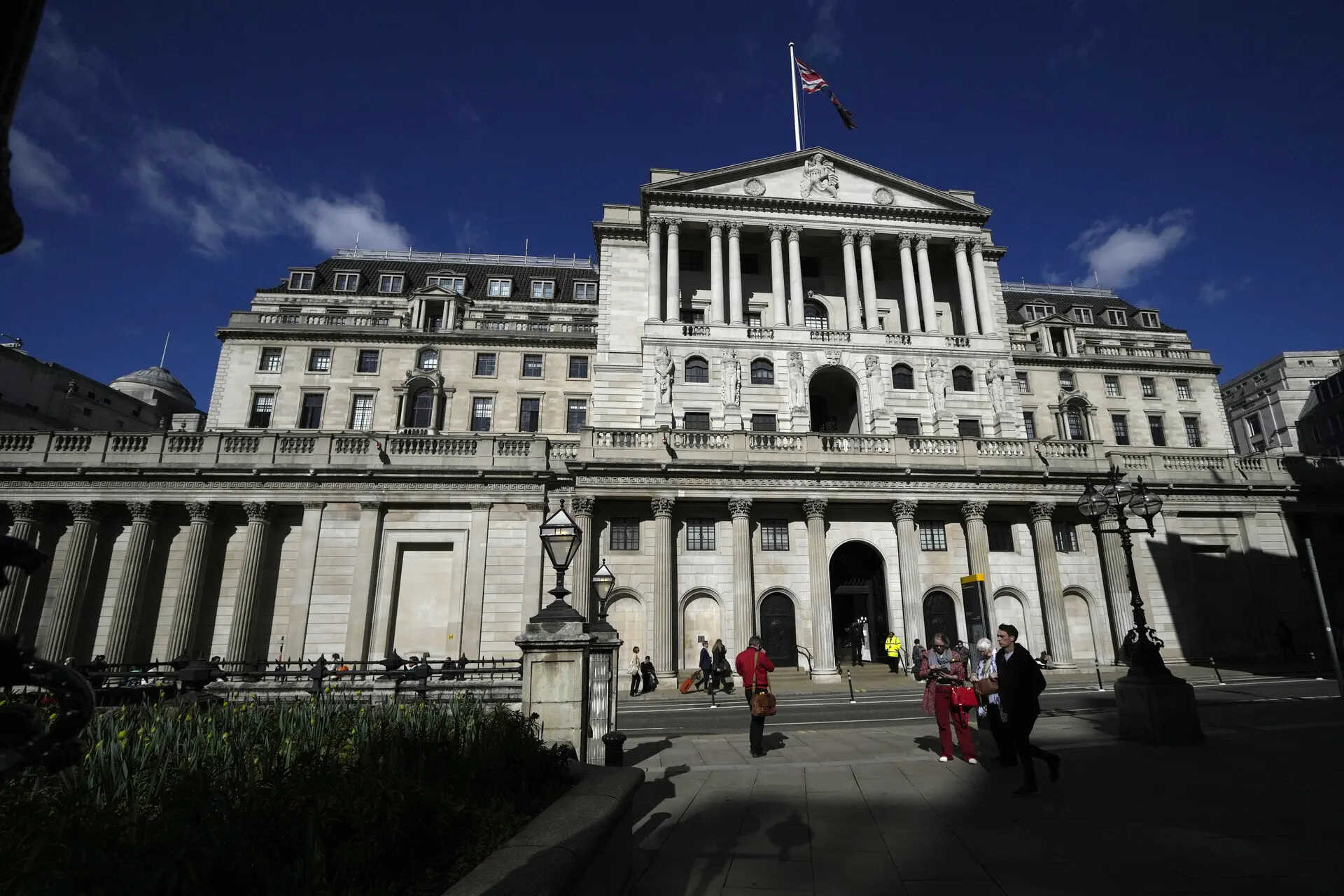The Bank of England is likely to maintain current interest rates. Concerns rise over the Israel-Iran conflict’s impact. This conflict could involve the United States, potentially increasing oil prices. UK inflation remains high, exceeding the 2% target. Rising oil prices may further strain consumer finances. Global trade tensions, particularly involving potential US tariffs, add to economic uncertainty.
Holding Our Breath: What the Bank of England’s Cautious Stance Means for Us All
Okay, let’s talk money, or more specifically, the cost of it. Interest rates. They’re the silent hum in the background of everything from buying a house to whether your favorite coffee shop can afford to expand. And right now, that hum in the UK is… suspended.
The Bank of England (BoE), guardians of the nation’s purse strings, are widely expected to hold interest rates steady at their current level. No hike, no cut. Just… pause. This comes against a backdrop of simmering global uncertainties, most notably, the escalating tensions in the Middle East. It’s like they’re standing on the edge of a cliff, peering into a fog, and deciding the best course of action is… to stay put.
But why the hesitation? We all know the cost of living has been squeezing wallets tighter than a stressed-out accountant. Inflation, while showing signs of cooling down, is still hovering stubbornly above the BoE’s target of 2%. Usually, that would scream for an interest rate hike – a move designed to dampen spending and bring inflation under control. So, why the hold-up?
Well, things are never that simple, are they? The global picture is cloudier than a London pea-souper. The situation in the Middle East is the elephant in the room. Any escalation in the region could send energy prices soaring, reigniting inflationary pressures that the BoE has been battling so hard to contain. Imagine petrol prices jumping overnight – that’s the kind of nightmare scenario policymakers are trying to avoid.
Beyond geopolitics, the UK economy itself presents a mixed bag. On one hand, there are whispers of a potential recession lurking in the shadows. Raising interest rates now could tip the economy over the edge, triggering job losses and widespread financial hardship. No one wants that. On the other hand, keeping rates too low for too long risks allowing inflation to become entrenched, a much stickier and more painful problem to solve down the line.
It’s a tightrope walk, a high-stakes balancing act with the fate of millions resting on the outcome.
The BoE’s cautious approach suggests they’re prioritizing economic stability over immediate inflationary control. They seem to be betting on inflation naturally easing as global supply chain issues continue to resolve themselves and as previous rate hikes gradually work their way through the system. It’s a gamble, a calculated risk that relies on things not getting significantly worse.
But what does all this actually mean for you and me?
For homeowners with variable-rate mortgages, it’s a moment of respite. Your monthly payments won’t be going up… for now. However, don’t get too comfortable. The future trajectory of interest rates remains highly uncertain, and any sudden shocks to the global economy could quickly change the picture.
For savers, the news is less exciting. Interest rates on savings accounts are unlikely to rise significantly without a corresponding increase in the base rate. Your money will continue to languish, slowly being eroded by inflation. It’s a frustrating situation, and it highlights the importance of exploring alternative investment options, albeit with careful consideration of the risks involved.
For businesses, the BoE’s decision provides a degree of predictability. They can continue to plan and invest without the immediate fear of rising borrowing costs. However, businesses will also need to remain vigilant, keeping a close eye on inflation and the overall economic outlook.
Ultimately, the Bank of England’s current stance is a testament to the complex and interconnected nature of the global economy. They’re navigating a minefield of risks and uncertainties, trying to strike a delicate balance between controlling inflation and supporting economic growth.
It’s a wait-and-see game, a period of watchful observation as the world around us continues to evolve. And while we might not have a crystal ball to predict the future, one thing is certain: the next few months will be crucial in shaping the UK’s economic destiny. So, stay informed, stay prepared, and remember to breathe. We’re all in this together.







